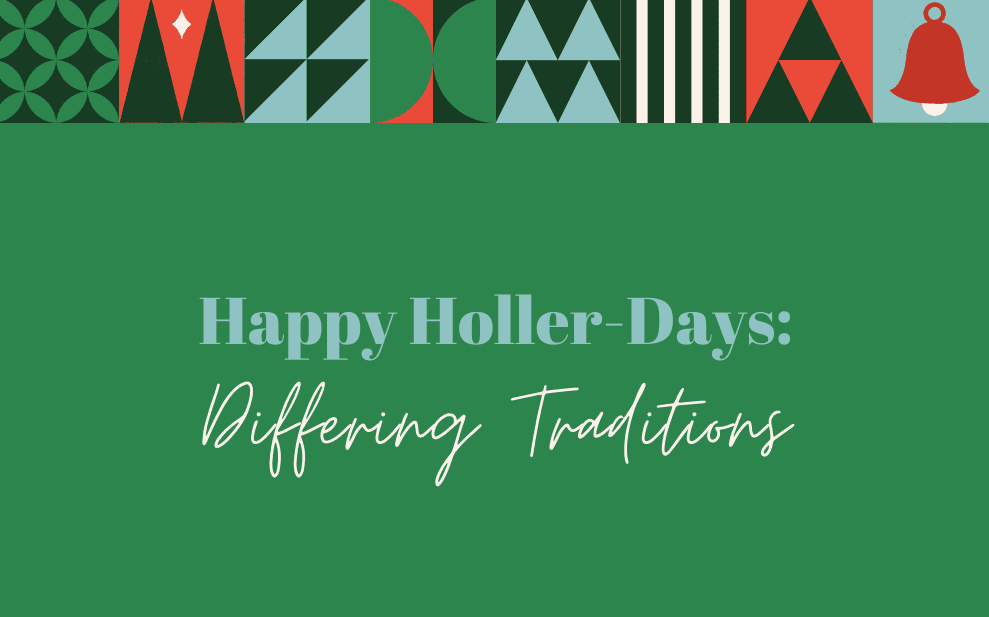21 Dec DEI Committee Update 12-21-21

” ‘Tis the season” and diversity chair, Cory Adler shared this great post from an organization called Safe Conversations to offer some perspective as we head into gatherings of all sorts:
At Safe Conversations, one of our guiding principles is “connecting beyond our differences”. We, humans, have a tough enough time doing that on a good day, say, in June; but when it comes to embracing our different ways of celebrating the holidays, especially around this time of year, things seem to get even tougher!
Whether you grew up celebrating the holidays a certain way, or you’ve adopted other traditions as an adult, or perhaps even chosen to forego the holiday hoopla altogether, there always seems to be some weird kind of social pressure to celebrate in some particular way. Often, that one particular way, the way that is possibly the most different way from yours on the planet – is inevitably the way your partner, in-laws, or closest friends prefer to celebrate! And they can’t understand why you do things differently!
I mean, really – who opens their gifts on Christmas Eve?? Of course, you have to wait till Santa brings them, silly! Eight candles? What does that have to do with St. Nicholas? Oh, and Pinatas are great, but that means we’d have to move the mistletoe…
It sounds silly on paper, doesn’t it? We all KNOW there are as many holiday traditions around the globe as there are nations, ethnicities, and religious groups. Everyone comes from their own background, whether that’s steeped in tradition, marginally interested, or completely non-conforming. So why do we tend to insist that ours is the way to celebrate?
Some couples say it’s a matter of resources – ornaments, decorations, and special foods aren’t cheap. Others are set on what they want their kids to learn and practice around holiday traditions, perhaps for religious reasons or to keep the grandparents happy.
Whatever the reason for needing the season to go a certain way, the conflict around differing traditions always comes down to one thing: objection to difference.
In a recent set of blog posts, we talked about our natural, human tendency to feel safer when others are like us. That tendency grows even stronger when traditions – deeply held beliefs that have been passed along from generation to generation – are involved. Our tolerance for difference in this case all but disappears.
When issues about differing holiday traditions, beliefs, celebrations, and attitudes come up, like they do every year, pause; take a moment to replace any judgment you may have with curiosity. Ask yourself why this is so important to you, and if it is more important than the feelings and needs of your partner, spouse, or friends. Take a few deep breaths and consider with genuine empathy that their traditions may be as important to them as yours are to you. Talk to them with a heart that listens to understand, rather than refute. Discover what is sacred, wonderful, and deeply meaningful for both of you about your respective traditions and find a way to celebrate together. Begin a new tradition of embracing and celebrating each other’s differences, and watch your relationships grow and deepen in ways you can’t even imagine.
To help open your eyes and heart to the beauty of different traditions, check out some of the many heartwarming ways people all around the world celebrate the holidays. You may find that we all have more in common than we realize.